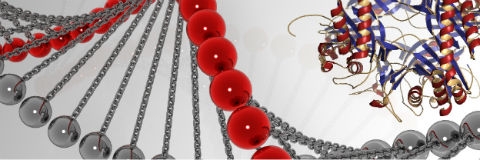The yeast Pichia pastoris has become widely used for expression of heterologous proteins, primarily of eukaryotic origin. P. pastoris is a unicellular eukaryote, which combine advantages of both prokaryotic and eukaryotic organisms. The ease of cultivation and of performing molecular genetic manipulations are similar to those for prokaryotic organisms, such as E. coli. Yeasts possess many of the advantages of higher eukaryotes, including the ability to perform post-translational protein modifications, such as glycosylation. Expression in a yeast is also desirable for proteins that fail to form correct disulfide bonds in a bacterial expression system.
P. pastoris is a methylotrophic yeast, capable of metabolizing methanol as its sole carbon source. The alcohol oxidase (AOX1) promoter controls expression of alcohol oxidase, which catalyzes the first step in methanol metabolism. Typically, 30% of the total soluble protein in methanol-induced cells is alcohol oxidase. Several Pichia expression vectors take advantage of the powerful AOX1 promoter, and use methanol to induce high-level expression of a gene of interest. Protein expression, up to grams per liter culture, can be performed in P. pastoris for both intracellular and secreted proteins. The process from gene to protein requires cloning target genes into Pichia expression plasmids, transformation, selection for gene integration, expression screening, and protein production.

Center for Structural Proteomics


